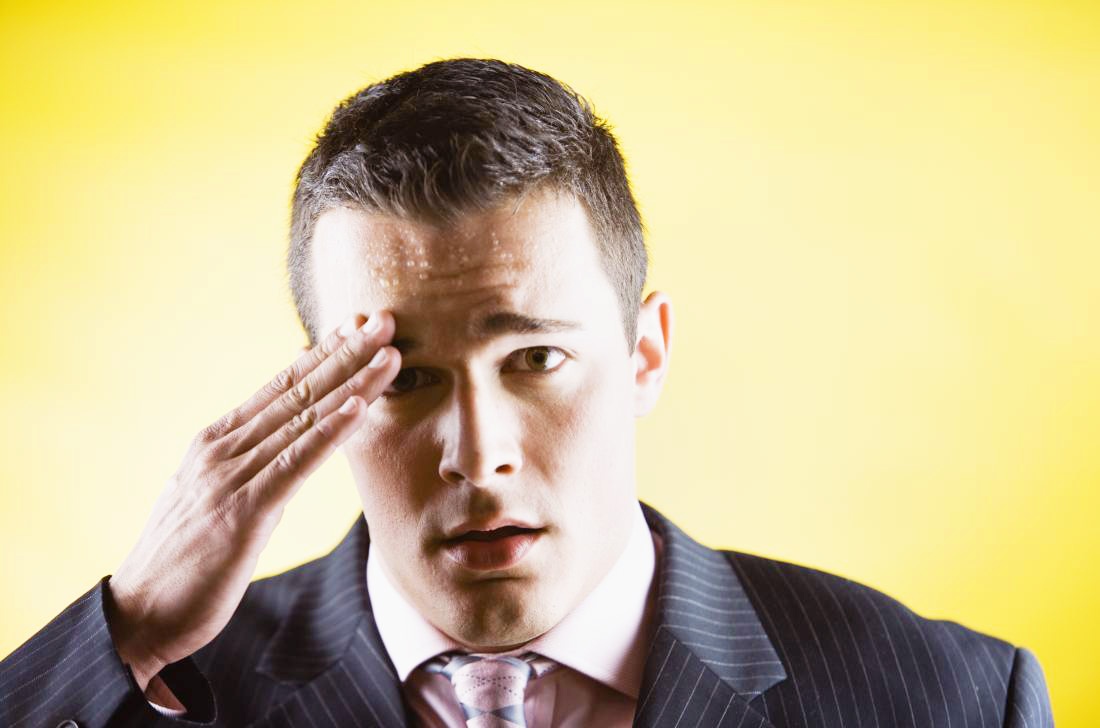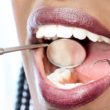We sweat when we are engaging in physical activities or exposed to high temperatures — it is the body’s way of cooling itself. However, it’s very much possible for the body to sweat even without the presence of exertion or heat. Continue reading to know more about the common causes of cold sweats.
Diaphoresis is the medical term for cold sweats. According to doctor, it’s a response to stress or when the body goes into what’s called the fight or flight mode.
Cold sweats can strike at any given time of the day, including at night. When it happens at night, it is then referred to as night sweats. But cold sweats and night sweats are one and the same — both of them can indicate that there is something going on in the body that needs to be addressed.
Here are some of the most common reasons why a person can break out in cold sweats:
Anxiety Disorders
Just about anyone who suffers from generalized anxiety, social anxiety and panic disorder can experience cold sweats, most especially during an attack.
However, there is no need for you to be diagnosed with an anxiety disorder just to have cold sweats — anything and everything that makes you feel nervous can leave you breaking out in cold sweats, such as when you are about to take a quiz or present a report in front of your boss and co-workers.
Low Blood Sugar
Doctors call it hypoglycemia, but everybody refers to it as low blood glucose or low blood sugar. Either way, having very low levels of sugar or glucose in the blood can cause cold sweats.
That’s because the body thinks that it is in a state of emergency if there’s very little sugar available for the cells to use as fuel. Very common in diabetics, low blood sugar can also cause other signs and symptoms such as hunger, shakiness, headaches, dizziness and anxiety.
Intense Pain
A person who just incurred an injury and is having cold sweats is usually an indicator that he or she is experiencing severe pain that needs to be addressed with medications.
Fractures, dislocated joints, sprains, pulled muscles — all of these forms of physical injuries and many others can cause a lot of pain, thus resulting in cold sweats. It’s also possible for an injured person to have cold sweats because of nervousness — being involved in an accident is always a devastating experience, after all.
Menopause
When cold sweats is mentioned, menopause is something that will surely pop in the minds of many. Well, they are right because one of the most common symptoms of menopause is cold sweats.
According to doctors, having cold sweats is experienced by women who are in the menopausal (and also perimenopausal) stage because of hormonal changes. Night sweats experienced is also a form of cold sweats, although it has an entirely different name due to the obvious fact that it takes place at bedtime.
Shock
No, the shock being referred to here is not the kind that leaves you feeling surprised or upset. Rather, it’s the one in which there is dangerously low levels of blood supply to the brain and other vital organs.
There are many different types of shock: anaphylactic shock (extreme allergic reaction), neurogenic shock (problems concerning the nervous system), septic shock (poisoning of the blood), hypovolemic shock (low blood volume due to blood loss), and cardiogenic shock (related to heart problems).
Heart Attack
Speaking of problems related to the heart, another very common cause of cold sweats is a heart attack, which is something that requires immediate medical attention.
Aside from cold sweats, there are many other things that a person who is having a heart attack may experience. They include dizziness, nausea, vomiting, shortness of breath, and chest pain that can radiate to the back, neck, jaw and left arm — at times it can radiate to both arms.













